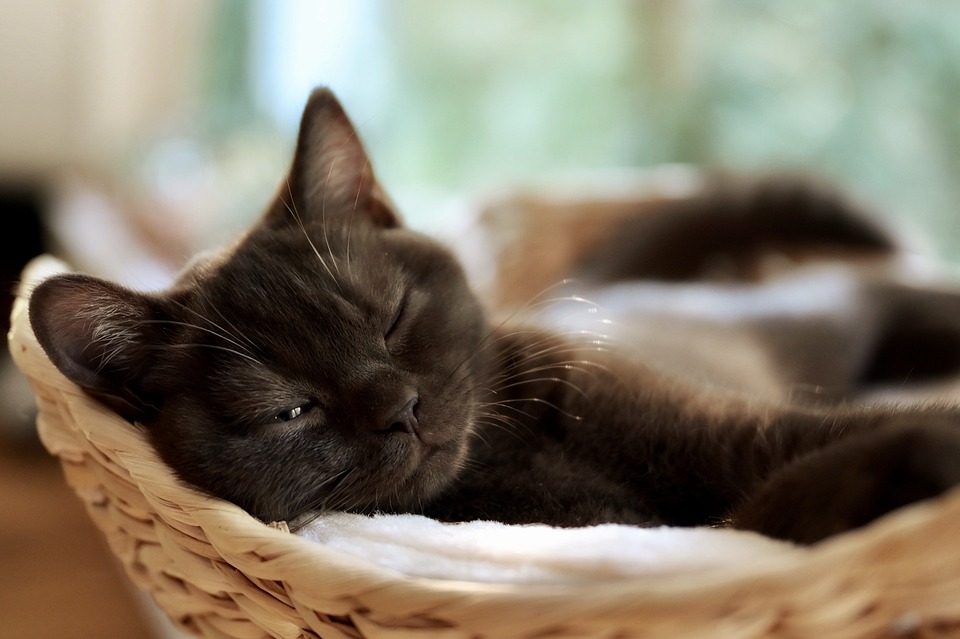Cat allergies are a common concern among pet owners, and it is widely known that individuals can develop allergies to cats at any point in their lives. However, what many people are not aware of is the possibility of late-onset allergies in cats. In this article, we will delve into the topic of late-onset cat allergies, exploring the potential causes, symptoms, and management strategies for cat owners facing this challenge.
Late-onset allergies in cats refer to the development of allergic reactions in cats that previously did not exhibit any signs of allergies. These allergies can occur in cats of any age but are more commonly observed in older cats.
Late-onset cat allergies can stem from a variety of factors. Changes in the cat’s immune system can trigger an immune response to substances that were previously tolerated. As cats age, their immune systems may undergo changes, leading to the development of allergies. Environmental factors can also play a role, as cats can develop allergies due to exposure to new allergens in their environment. This could include changes in household products, new cleaning agents, or even alterations in outdoor air quality. Additionally, cats that have had previous exposure to allergens, such as pollen or dust mites, may develop allergies later in life. Over time, repeated exposure can lead to sensitization and the manifestation of allergic symptoms.
Detecting late-onset allergies in cats can be challenging, as the symptoms may be mistaken for other health issues. Common signs to watch out for include skin irritation, respiratory issues, digestive problems, and behavioral changes.
If you suspect your cat has developed late-onset allergies, it is crucial to seek veterinary advice for proper diagnosis and management. Strategies that can help alleviate your cat’s symptoms include identifying the allergen causing the allergic reaction, minimizing exposure to the identified allergen, and considering medication or allergy shots prescribed by a veterinarian. Regular check-ups with a veterinarian are also important to monitor your cat’s condition and ensure their overall health and well-being.
In conclusion, cat allergies can indeed develop later in a cat’s life, causing discomfort and health issues. By understanding the causes, symptoms, and management strategies for late-onset allergies, cat owners can take proactive steps to ensure the well-being of their feline companions. If you suspect your cat has developed allergies, it is best to consult with a veterinarian for a proper diagnosis and appropriate treatment plan.








